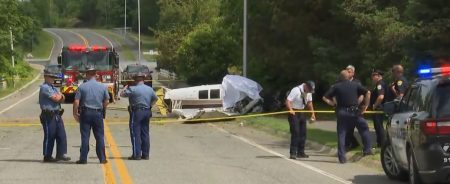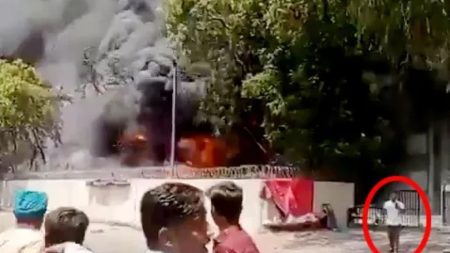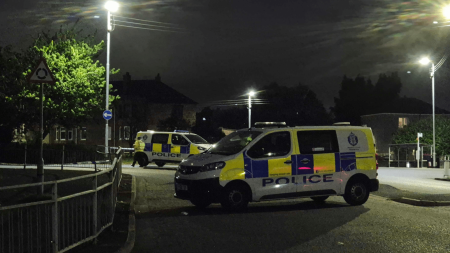A. Timur Praliev, a former member of the Wagner Group, a private Russian military company, was apprehended by US authorities after illegally crossing the Rio Grande river from Mexico into Texas near Roma. He was carrying two passports – Russian and Kazakh – along with a substantial sum of cash, both US dollars and Mexican pesos, and notably, a drone. Upon his arrest, Praliev confessed to his affiliation with the Wagner Group, a notorious organization accused of numerous war crimes globally, including in Ukraine and across Africa. These alleged crimes encompass murder, rape, torture, robbery, and the brutal treatment of deserters. The US government considers the Wagner Group a paramilitary force engaged in violent acts and executions.
B. The arrest of Praliev raises several critical questions, including the nature of his activities within the Wagner Group, his motivations for crossing into the US, and the purpose of the drone found in his possession. The US attorney expressed concern for community safety given Praliev’s association with a group known for political violence. He was charged with illegal entry, a federal misdemeanor, and pleaded guilty. The prosecution requested a 15-day sentence, highlighting the potential threat posed by individuals linked to such organizations. While Praliev’s specific actions within the Wagner Group remain unclear, his presence in the US raises concerns about potential security risks.
C. The Wagner Group, officially known as PMC Wagner, is a Russian paramilitary organization founded in 2014. It gained notoriety under the leadership of Yevgeny Prigozhin, a close confidant of Russian President Vladimir Putin, who was often referred to as “Putin’s chef” due to his catering businesses that served the Kremlin. The group has been deployed in numerous conflict zones, including Ukraine, Syria, and various African countries, where it has been implicated in widespread human rights abuses. While Russia classifies the Wagner Group as a private military company, it is widely regarded as a network of mercenaries operating with the tacit approval and support of the Russian government.
D. Prigozhin’s relationship with Putin deteriorated dramatically in June 2023 when he launched a short-lived armed rebellion against the Russian military leadership. Prigozhin accused the Kremlin of attacking a Wagner training camp in Ukraine and vowed to “punish” those responsible. He and his troops seized control of the Russian army headquarters in Rostov-on-Don and threatened to march on Moscow. Putin denounced the mutiny as a “stab in the back” and vowed to defend Russia against “anarchy.” The rebellion ended abruptly after a deal was brokered, but it exposed deep fissures within the Russian power structure. Prigozhin subsequently died in a plane crash in August 2023, raising further questions about the circumstances surrounding his demise.
E. Praliev’s possession of both Russian and Kazakh passports raises additional legal complexities. Dual citizenship is prohibited in Kazakhstan, requiring individuals who obtain a foreign passport to renounce their Kazakh citizenship and surrender their Kazakh passport. This suggests Praliev may have violated Kazakh law. His background, according to Ukrainian media reports, indicates he received a veteran’s certificate from a Russian veterans’ group, confirming his association with the Wagner PMC and providing further details about his origin in the Iglinsky District of Bashkortostan, Russia. This information sheds light on his potential motivations and the circumstances surrounding his arrival in the US.
F. The case of Timur Praliev highlights the global reach and potential threat posed by private military companies like the Wagner Group. His arrest on the US-Mexico border underscores the potential for individuals associated with such organizations to infiltrate other countries, raising concerns about national security and the potential for further destabilizing actions. The circumstances surrounding his apprehension, including the possession of a drone and a significant amount of cash, warrant further investigation to determine his intentions and the extent of any potential threat. The incident also raises questions about the recruitment and deployment practices of the Wagner Group and the potential for its members to engage in illicit activities beyond the traditional battlefields. The US government’s concern for community safety reflects the serious implications of having individuals with ties to violent organizations present within its borders. The ongoing investigation will likely focus on uncovering the full scope of Praliev’s activities and connections, as well as the potential risks he poses to national security.











